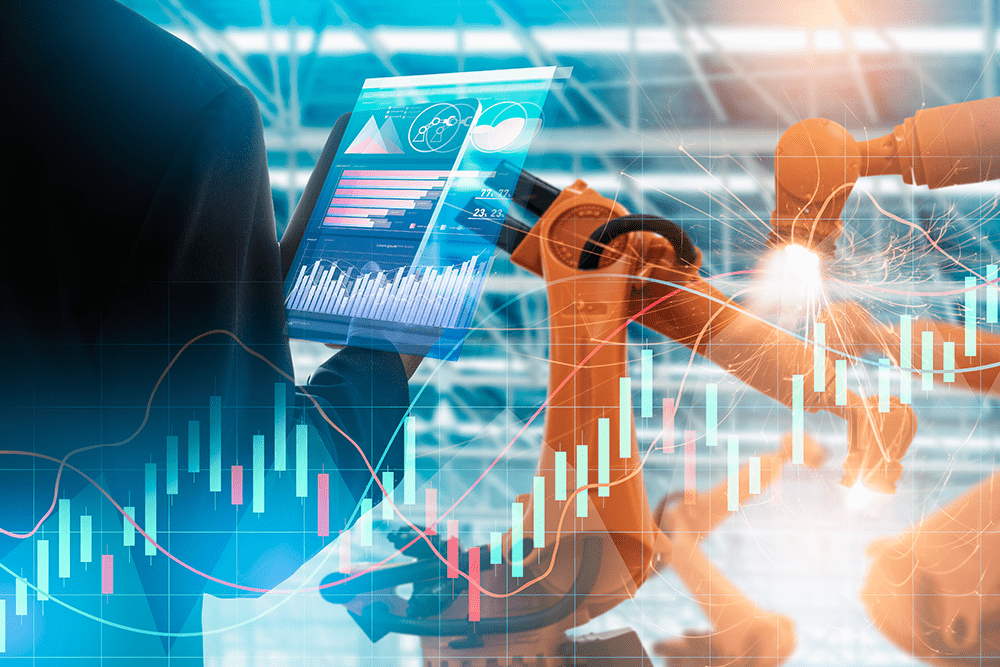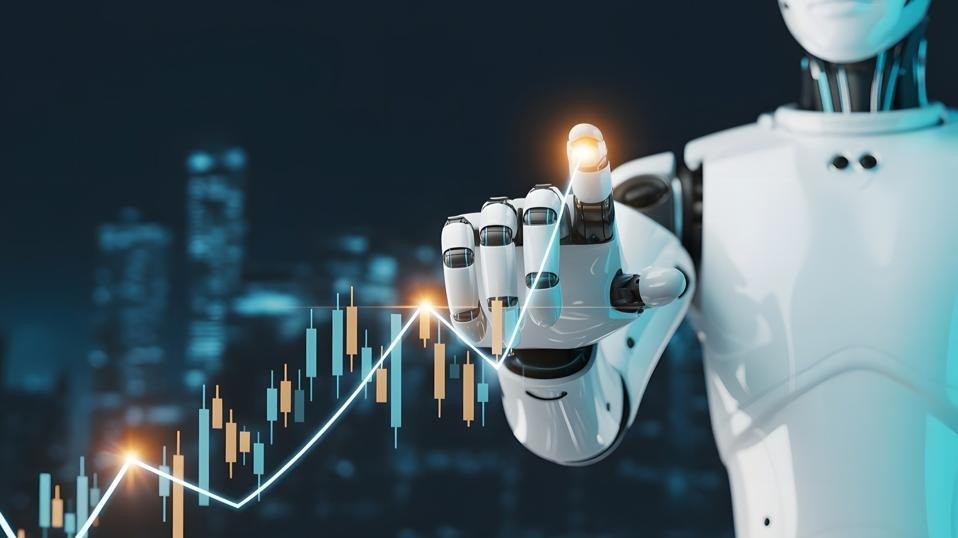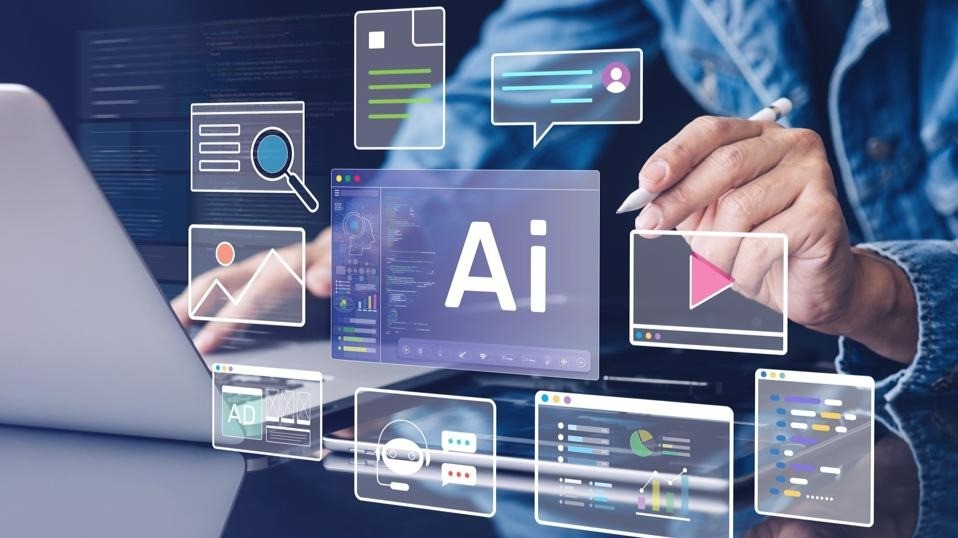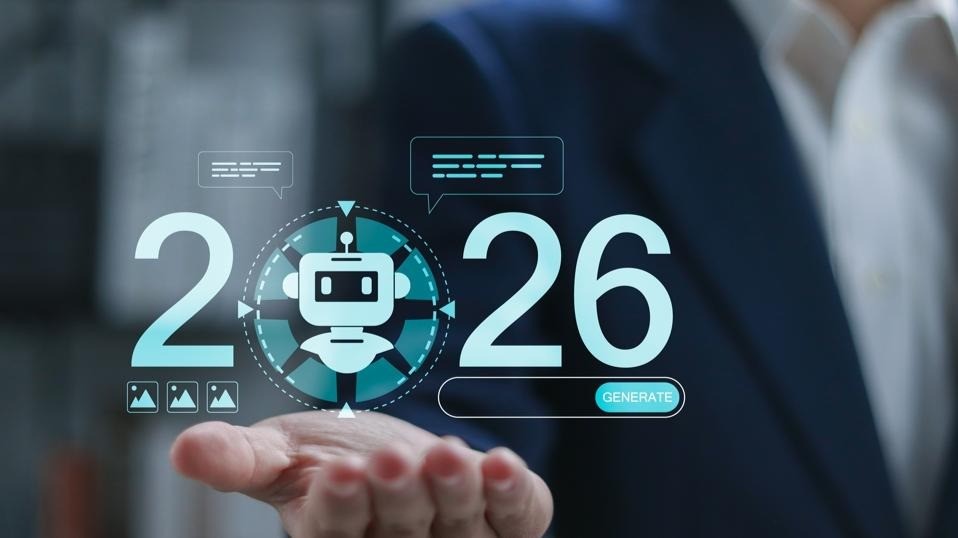How Is Artificial Intelligence And Machine Learning Used In Engineering?
2 July 2021
Just like with many other industries, artificial intelligence and machine learning are changing engineering. Even though these technologies are now seemingly “everywhere, ” we shouldn’t overlook how truly incredible they are and the remarkable things they enable us to do today and will allow us to do tomorrow. For engineers, artificial intelligence and machine learning might cause the tasks they do to evolve, but it can also help them do things they weren’t capable of before.

What is artificial intelligence and machine learning?
First, let’s get clear about our definitions of artificial intelligence and machine learning.
The field of artificial intelligence (AI) was begun in 1956, but it has been only in the last decade that significant progress has been made to allow the technology to be widely used and experienced by many outside technology circles. Today, artificial intelligence is one of the fastest-growing emerging technologies and describes machines that can perform tasks that previously required human intelligence.
Machine learning takes it a step further. It’s one of the latest artificial intelligence technologies where machines can learn by taking in data, analysing it, taking action, and then learning from the results of that action.
How are artificial intelligence and machine learning used in engineering?
Artificial intelligence that’s used in the engineering sector uses software and hardware components. As machines become more sophisticated, they will be able to support not only smart production lines and complex manufacturing tasks, but will also be able to design and improve tasks over time—with little or no human intervention—through machine learning. Robots have been used by automobile manufacturers on the production line for quite some time and have gone from completing simple engineering tasks to now handling many precision moves required for some of the most intricate parts of the process.
Many of the tasks engineers are responsible for, such as design and simulation, can be enhanced with the support of artificial intelligence tools. Consider how Computer Aided Design (CAD) was once just a supplemental tool to engineering, and today it is a fundamental part of the daily workflow. These tools will help improve the capabilities of engineers and make it possible to explore design and weight-saving options that weren’t ever possible before.
Another way artificial intelligence can support engineering tasks is to break down silos between departments and help to effectively manage data to glean insights from it. AI programmes can provide automation for low-value tasks freeing up engineers to perform higher-value tasks. By using machine learning to discover patterns in the data, machines will be incredibly important to help with engineering judgement.
What happens to the role of an engineer?
While there are many benefits of artificial intelligence and machine learning in engineering, some engineers are concerned their jobs will be taken over by machines. Automation has and will continue to take over jobs humans have done historically; however, that can free humans to do higher-level tasks as well as take over jobs that require the unique skills of humans that don’t even exist yet. In one study by Stanford University, “One Hundred Year Study of Artificial Intelligence, ” there’s nothing imminent about the threat to jobs, and even when or if we get there, it will be balanced out by the positive impacts on society and the increased capabilities technology offers. A report from the University of Oxford states that science and engineering professions are the least threatened and will experience great benefits from artificial intelligence tools.
In order for engineers to prepare for Industry 4.0, when factory automation, big data, artificial intelligence, and machine learning transform the way we work, engineers should prepare to adapt to the latest tools available to them and learn how to work alongside robots and machines advising them. Engineers must optimise the work that needs to be done so that the interactions between humans and robots are as good as they can be.
Artificial intelligence and machine learning are the foundation of advanced engineering. While there remain questions, most notably about how the job of engineers will change, it is futile to resist the transformation. There’s no doubt that AI will help manage engineering data more efficiently and will be an essential component of engineering’s future. The sooner it’s adopted and adapted to; the sooner engineering will be able to capitalise on the advantages of the technology.
Related Articles
5 ESG Trends That Will Shape Business in 2026
By now, “smart” versions exist of just about every home appliance, gadget and gizmos we can think of. However, manufacturers continue[...]
The 5 Robotics Trends In 2026 You Must Get Ready For Now
By now, “smart” versions exist of just about every home appliance, gadget and gizmos we can think of. However, manufacturers continue[...]
10 Generative AI Trends In 2026 That Will Transform Work And Life
By now, “smart” versions exist of just about every home appliance, gadget and gizmos we can think of. However, manufacturers continue[...]
Dreamforce 2025 Proved The Agentic Enterprise Has Arrived
By now, “smart” versions exist of just about every home appliance, gadget and gizmos we can think of. However, manufacturers continue[...]
The 8 Biggest AI Agent Trends for 2026 That Everyone Must Be Ready For
By now, “smart” versions exist of just about every home appliance, gadget and gizmos we can think of. However, manufacturers continue[...]
7 Workplace Trends That Will Define 2026
By now, “smart” versions exist of just about every home appliance, gadget and gizmos we can think of. However, manufacturers continue[...]
Sign up to Stay in Touch!
Bernard Marr is a world-renowned futurist, influencer and thought leader in the fields of business and technology, with a passion for using technology for the good of humanity.
He is a best-selling author of over 20 books, writes a regular column for Forbes and advises and coaches many of the world’s best-known organisations.
He has a combined following of 4 million people across his social media channels and newsletters and was ranked by LinkedIn as one of the top 5 business influencers in the world.
Bernard’s latest book is ‘Generative AI in Practice’.










Social Media